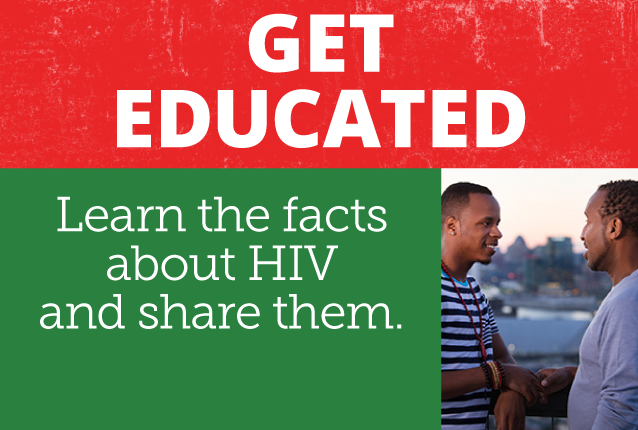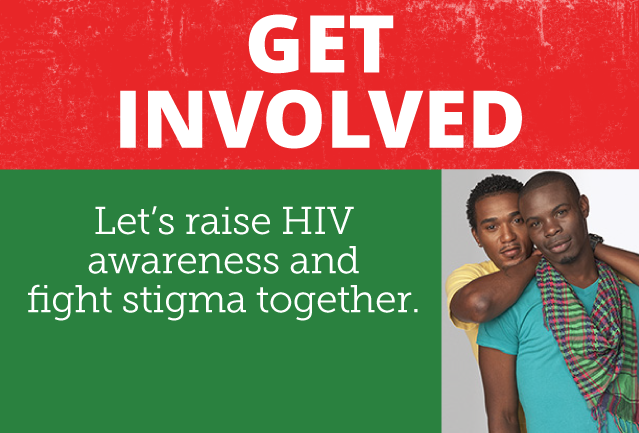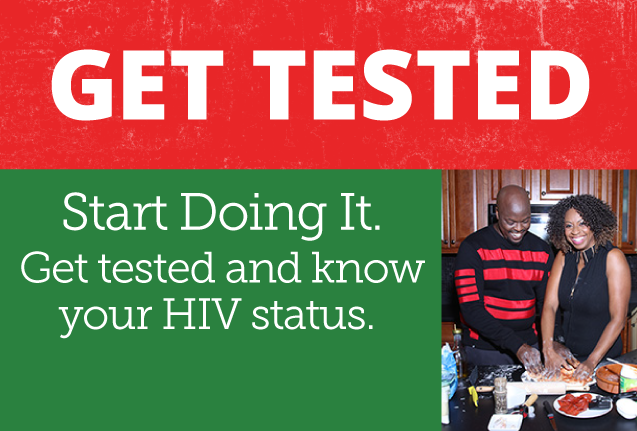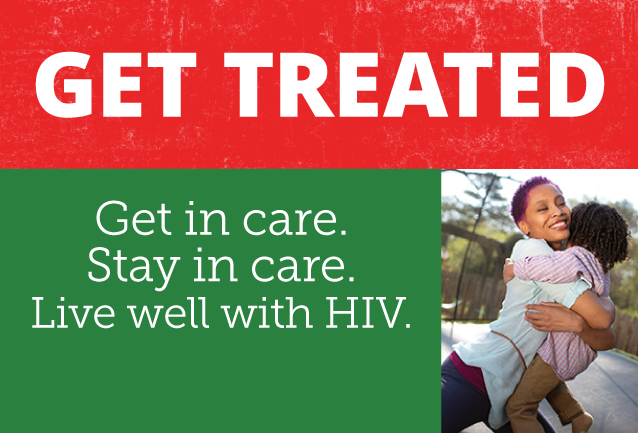Sexually Transmitted Diseases (STDs)

STDs are acquired by having sex or sexual contact with an infected person. Examples of these diseases include HIV (Human Immunodeficiency Virus), syphilis, chlamydia, gonorrhea, and herpes. STDs infect more than 10 million Americans each year. People may be unaware they are infected with an STD because many times the symptoms are not easily noticed. STDs can occur again and again. They can cause serious damage if left untreated, including blindness, sterility, and death. STDs are especially dangerous for pregnant women and their babies.




HIV/STD Testing & Counseling Services
Counseling and testing services are offered through Clinical Health Services.
We offer FREE HIV, Syphilis, Chlamydia and Gonorrhea testing. No I.D. or insurance is required for the testing.
FREE CONDOMS
We offer FREE Condoms.
Correctly using a condom every time you have sex can reduce (though not eliminate) the risk of sexually transmitted diseases (STDs), including human immunodeficiency virus (HIV) and viral hepatitis. Learn how to correctly use a condom at cdc.gov.
- Learn about chlamydia, gonorrhea, syphilis, and congenital syphilis
STD Treatment
Treatment is provided upon referrals from community physicians, the Texas Department of State Health Services, and local clinics. HIV counseling and testing is also provided.
In order for you to be treated for an STD, schedule an appointment and bring your current lab results (30 days of test date) and a prescription if applicable.
Confidentiality
Clinical Health Services staff are bound by law to confidentiality regarding any diagnosis and treatment. Our staff will not discuss your health with anyone but you per HIPAA regulations.
After Your Clinic Visit

If you were diagnosed with an STD:
- Take all medicine as directed.
- Refer your sex partner(s) to the HIV/STD clinic for testing & treatment.
- Contact the clinic immediately if symptoms re-occur.
- To reduce risk of re-infection, use a condom every time you have sex (do not re-use a condom).
- Return to the clinic in two weeks, for test results. STD results are not released over the telephone.

What is PrEP?
PrEP (pre-exposure prophylaxis) is medicine people at risk for HIV take to prevent getting HIV from sex or injection drug use. When taken as prescribed, PrEP is highly effective for preventing HIV.
Are there different types of PrEP?
There are two medications approved for use as PrEP: Truvada® and Descovy®.
- Truvada® is for all people at risk through sex or injection drug use.
- Descovy® is for people at risk through sex, except for people assigned female at birth who are at risk of getting HIV from vaginal sex.
Is PrEP safe?
PrEP is safe but some people experience side effects like diarrhea, nausea, headache, fatigue, and stomach pain. These side effects usually go away over time. Tell your health care provider about any side effects that are severe or do not go away. Learn more about side effects from the Truvada® and Descovy®.
For more information about PrEP, contact Juston at 832-495-0529
RESOURCES
- Testing positive for HIV: what's next?
- Find medical and support services
- Get help with medications
- Learn about PrEP
- HIV/STD educational materials
- Learn more about HIV and other STDs
- PrEP (Pre-Exposure Prophylaxis)
FBCCHS HIV/STI Prevention Program Community Advisory Board
Interested in serving on out HIV/STI Community Advisory Board?
Click here to complete an application!
